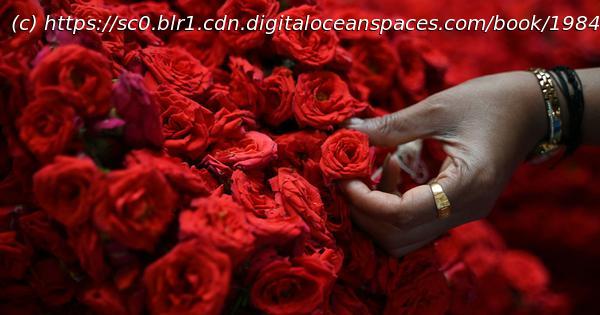The Uttarakhand Civil Code aims to strengthen ‘family’ traditions, but will not stop Indians from holding hands across caste, religion and even borders.
Uttarakhand on February 7 passed the Uniform Civil Code that makes it illegal for couples to live together without registering within the first month of the start of their relationship. It is part of the government’s idea of discouraging “Western” values and strengthening Indian family traditions. But how is “Indian” even defined?
In many Adivasi and tribal societies in India, youngsters are often encouraged to live together before getting married. Adivasis are considered the original inhabitants of India.
But this is not about picking a quarrel with the powers that be. I am thinking of love in the digital age. After all, the prime minister in 2015 launched the Digital India mission – to make India a digitally empowered nation.
What will love look like in a digitally empowered nation?
Suppose the “couple” happens to be a woman and a holograph? Will they have to register their relationship? Could they get married? This is not all that out of the ordinary.
According to Alicia Framis, a Barcelona-born artist based in Amsterdam, “love and sex with robots and holograms are an inevitable reality”. Framis intends to “marry” a virtual partner: a hologram that she has designed to “satisfy all of her emotional needs”. “They are great companions and capable of expressing empathy,” said Framis. “Just as phones saved us from loneliness and filled the void in our lives, holograms as interactive presences in our homes can take it even further.






